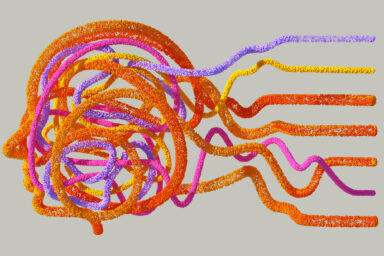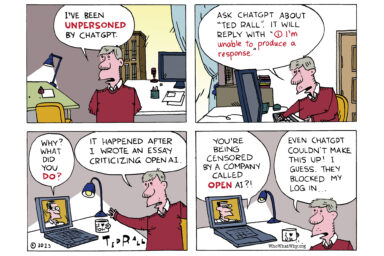A high-ranking European Union (EU) official announced late Friday that Twitter is withdrawing from a voluntary agreement between the EU and social media companies that is meant to combat online disinformation.
|
Listen To This Story
|
A high-ranking European Union (EU) official announced late Friday that Twitter is withdrawing from a voluntary agreement between the EU and social media companies that is meant to combat online disinformation.
When this “Code of Practice” was adopted, major platforms and search engines like Google, TikTok, Microsoft, and Meta, the parent company of Facebook and Instagram, signed up to participate. But now, Twitter is out.
“Twitter leaves EU voluntary Code of Practice against disinformation,” European Commissioner Thierry Breton wrote on the social media platform itself. “But obligations remain.”
What Breton is referring to is that many of the voluntary practices outlined in the agreement will become mandatory once the EU’s new Digital Services Act (DSA) takes effect on August 25.
Beginning then, the largest social media platforms doing business in the EU have to take a series of steps designed to fight disinformation. These include making it easier for users to report hate speech and other illegal content, ensuring a high level of safety and privacy for minors, and preventing their algorithms from amplifying disinformation.
Earlier this year, Twitter was the only social media platform that failed to provide a complete report on how it will address disinformation and foreign interference in elections etc.
Ever since purchasing the company late last year, billionaire Elon Musk has made a series of often-controversial changes to Twitter, including instituting a “pay-to-play” verification system. Critics say many of these have resulted in less content moderation, opened the door for more disinformation, and allowed right-wing extremists who had previously been banned to return to the platform.
Much of this seems to be in line with Musk’s own political ideology, raising concerns over how much political influence the billionaire is trying to buy.
However, his money won’t allow Musk to escape his obligations under DSA. If he wants Twitter to operate in Europe, he will have to comply or face expensive consequences.
The law allows the EU to impose fines of up to 6 percent of the global revenue of the social media platform in the case of the most serious violations.
And Breton made it very clear that the EU will watch Twitter carefully.
“You can run but you can’t hide,” he wrote. “Our teams will be ready for enforcement.”




